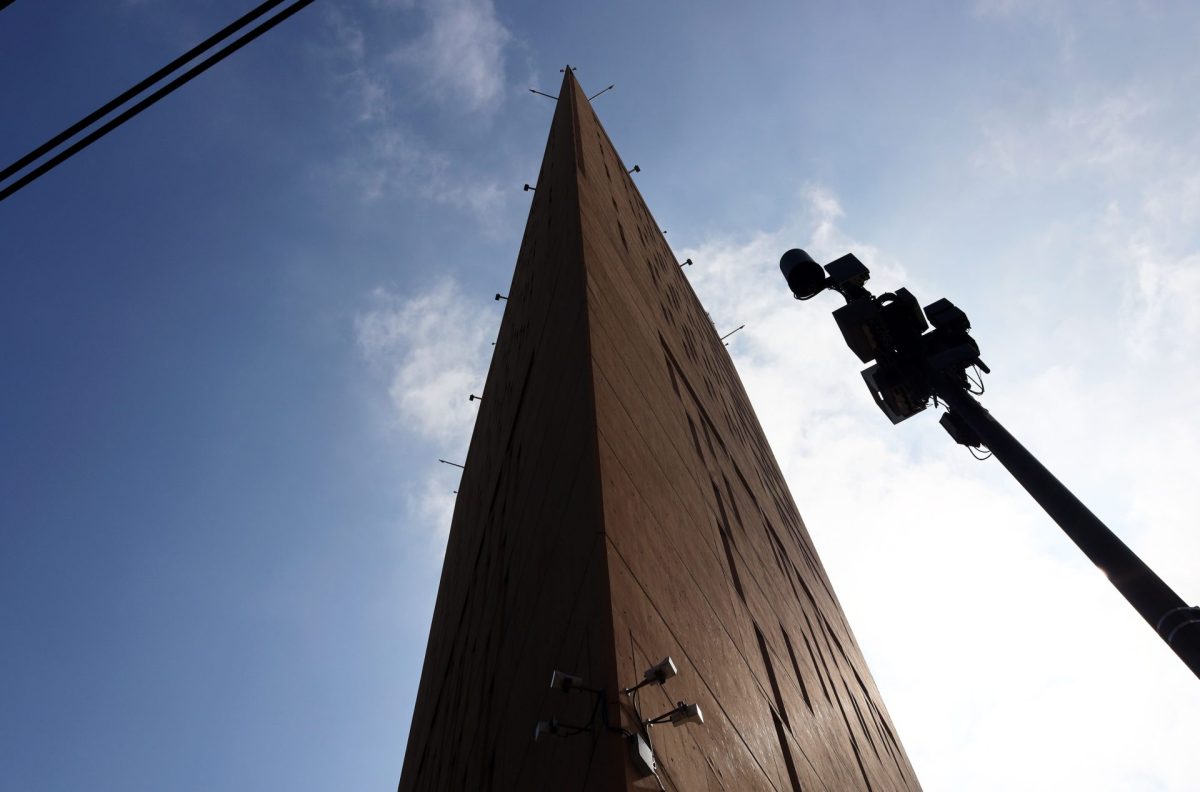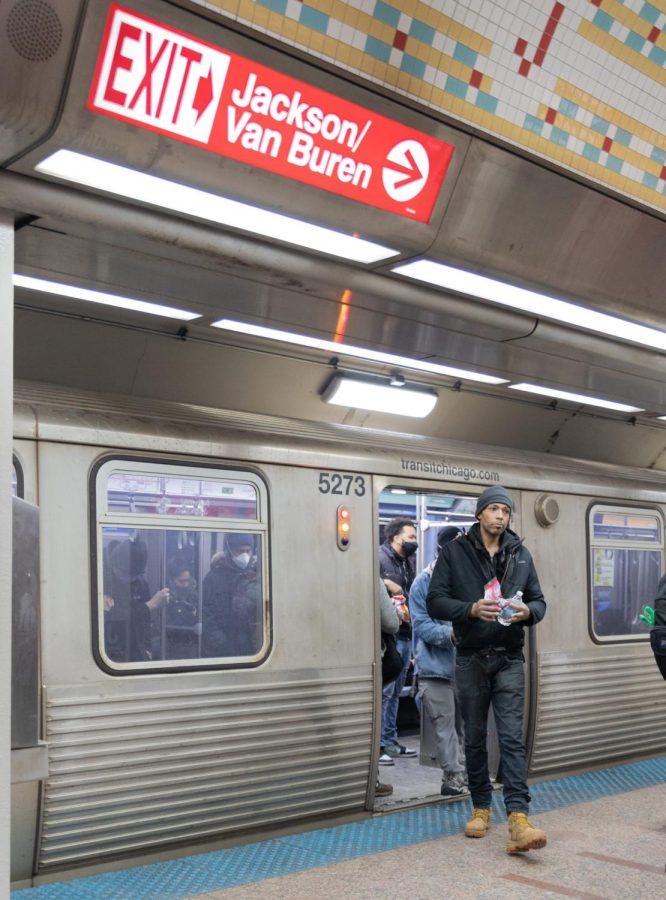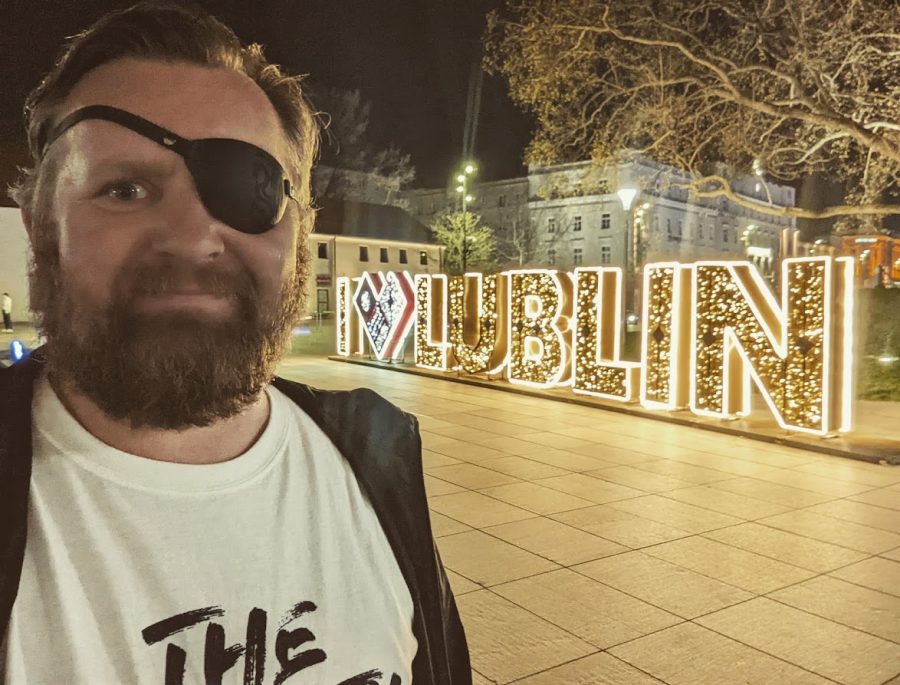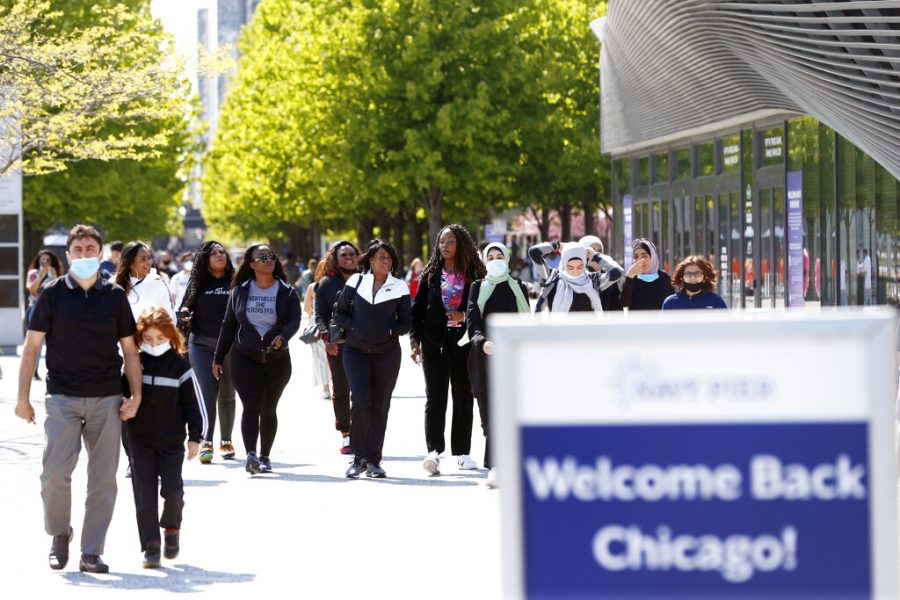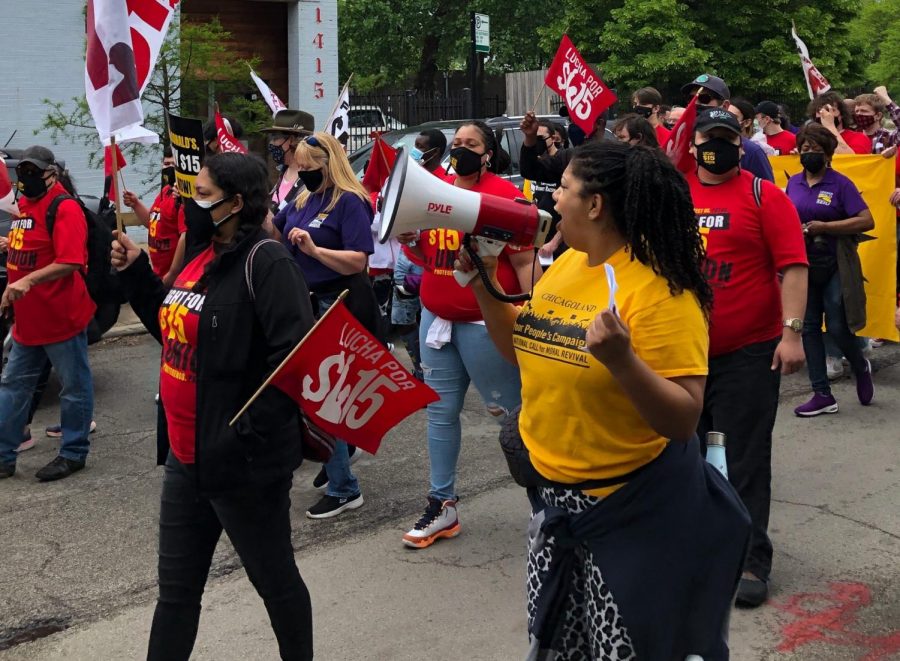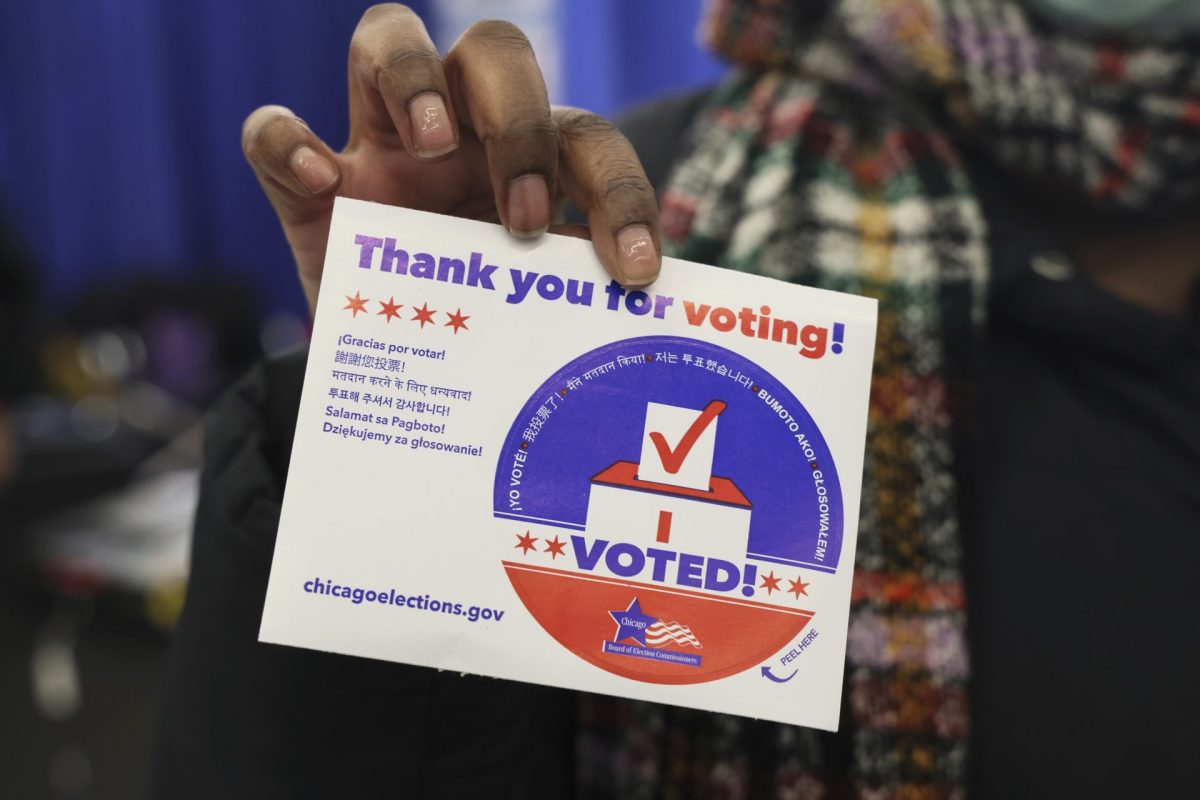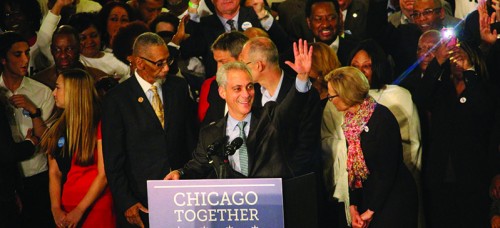
“Chicago ain’t ready for reform yet,” said former 43rd Ward Alderman Paddy Bauler upon his victory over a reform candidate in 1939. Indeed, this line became one of folklore as Chicago went from being a haven for gangsters to a safe place for elected officials to perfect their craft of graft.
For a long time it was a very true statement. But there is an indication now that the old way of doing things is on its last legs. The new City Council will be more progressive in composition and more independent in nature after several of Mayor Rahm Emanuel’s allies lost their races and left the re-elected mayor weakened last Tuesday.
Certainly, the rubber stamp council will still largely be in place. But the losses sting. Emanuel loyalist Lona Lane (18th Ward) was blown out of the water, gaining only 33 percent of the vote. Another ally, Mary O’Connor (41st Ward), was defeated by a union-backed Republican set to join the Progressive Reform Caucus. West Side Alderman Debora Graham (29th Ward) is gone, despite being one of the top recipients of money from Chicago Forward, the pro-Emanuel Super PAC.
The list goes on and on. At the end of the day, the Progressive Caucus, who will only lose Ald. Bob Fioretti after his failed candidacy for mayor, is set to gain at least enough to get into the double digits and could even double their ranks if all goes well.
Sure, there are races that still need to be settled, including Lincoln Park’s 43rd Ward and the 10th Ward along the Indiana border. But whatever the outcome, it is clear that business as usual is no longer an option.
In the past few days, Emanuel has said that he wants the city council to be more than a rubber stamp and to be involved in governing. He has even said he will be a different person in his second term.
“Chicago, I hear you,” Emanuel said. “I’m proud of what we’ve done in these past four years. But I understand the challenges we face will require me to approach them differently and work in a different fashion.”
This is not the mayor simply having a change of heart after four years —it is a necessity after barely surviving re-election. That is how it can best be described: surviving. One cannot call it winning.
Despite securing a majority in the runoff, this election was not as much an endorsement of the mayor’s policies, but an indictment on a progressive base that fielded a weak slate of candidates.
But even in spite of that, those candidates managed to push a political heavyweight into a runoff election and one of them, Jesus ‘Chuy’ Garcia, managed to win 44 percent of the vote in the runoff despite being outspent 4-to-1 by the mayor and his big-pocketed allies.
For many Chicagoans, voting for Emanuel came down to Garcia’s inability to govern. He was a second-tier candidate that got in too late and raised too little against a notorious fundraiser. Voters would not hand over the keys to City Hall to someone with little experience handling budgets when finances are the number one issue facing the city. It should never have been this close.
But in hindsight, the mayor is lucky that Cook County Board President Toni Preckwinkle passed on a run, and that Chicago Teachers Union President Karen Lewis was diagnosed with brain cancer. Either one could have taken him down, or at least would have made it much closer than the actual result.
Emanuel’s allies on the council were not as lucky. He should heed the warning and members of the city council should sweat. Voting in lockstep with a Chicago mayor is not something many Chicagoans will tolerate for much longer.
Take Aldermen Scott Waguespack and John Arena. The two progressives were targeted by Chicago Forward after being among Emanuel’s toughest critics during his first term. The mayor wanted them out. The people voted overwhelmingly to keep them in.
The mayor has struck a different note the past few days, even having a conversation with Lewis, whom he had not spoken to since lashing out at her before she led the teachers on strike for the first time in 25 years in 2012.
But it will require more than just talk, but collaboration and reform. Many, even those who backed Emanuel have asked for that.
One way for the mayor to put his money where his mouth is would be to support the creation of an independent aldermanic budget office that has been stalled in committee. The proposal would allow alderman to have accurate budget information independent of the mayor’s office.
Chicago may have voted for another four years of Rahm Emanuel, but they do not want the next four years to be like the last. They want independence instead of a rubber stamp and they want deliberation instead of voting for passage without debate.
One thing is for certain: The next few years, the city will find out if the mayor is a changed man. And elected officials will find out if these results are more than mere frustration, if Chicago is truly ready for reform.


